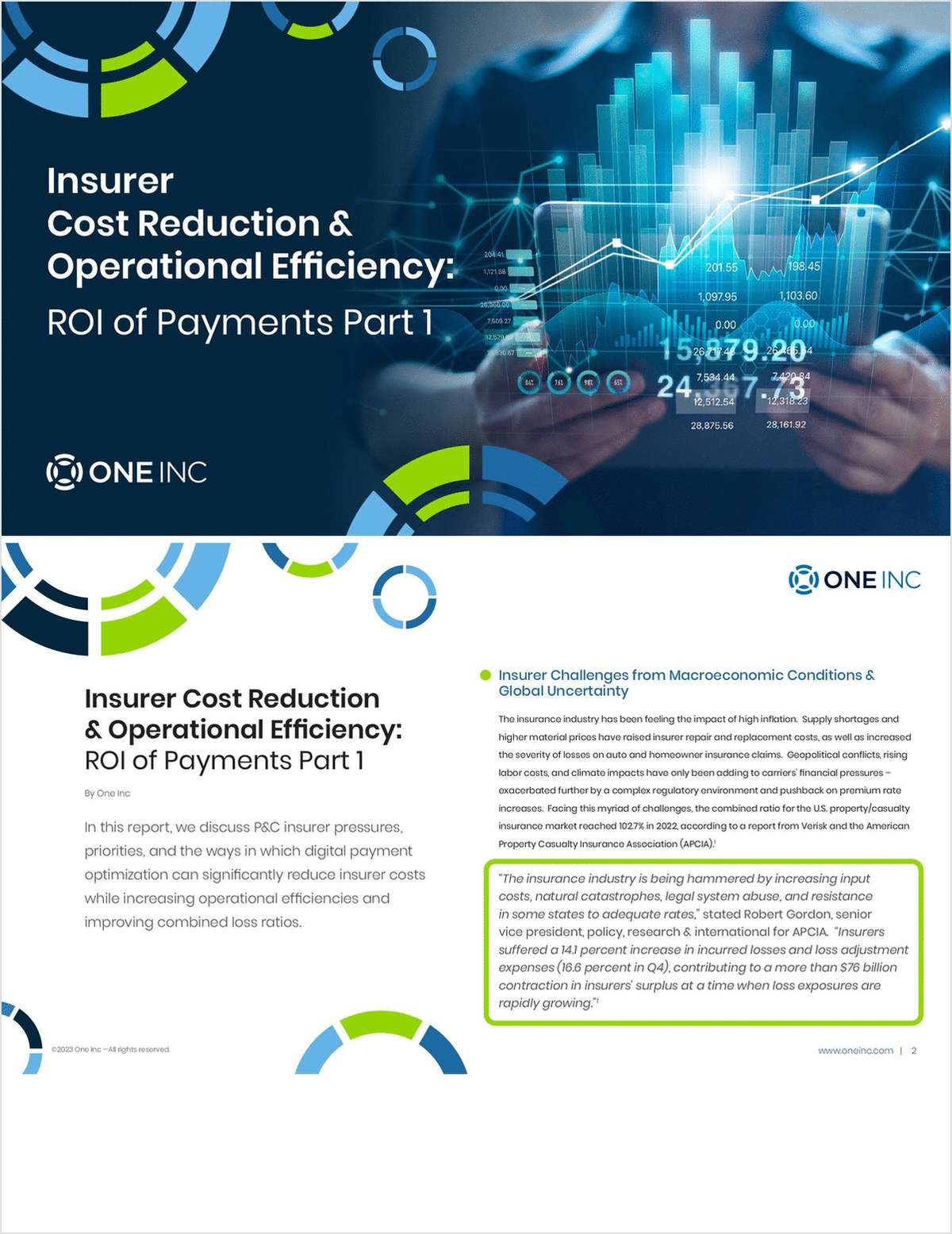 Technology touches every part of our clients' businesses and affects all aspects of client service. We communicate with each other remotely and social networking sites continue to blur the lines between business and personal communications. The social media universe encompasses much more than the popular and familiar social networking sites like Twitter, Facebook and LinkedIn. It also includes the dizzying array of personal and business blogs, news sites with interactive or comment features, group forums and more.
Technology touches every part of our clients' businesses and affects all aspects of client service. We communicate with each other remotely and social networking sites continue to blur the lines between business and personal communications. The social media universe encompasses much more than the popular and familiar social networking sites like Twitter, Facebook and LinkedIn. It also includes the dizzying array of personal and business blogs, news sites with interactive or comment features, group forums and more.
These sites have enabled businesses to change their traditional marketing strategies by shifting the focus toward talking with—not at—prospects and clients, thereby deepening the relationships between the company and customers. This presents new opportunities for agencies to reach new clients and provide enhanced services and responsiveness to existing clients. However, these developments also present new liability exposures.
Business Defamation and Trade Libel
From time to time, we complain about something business related, whether it's the actions of a competitor or a client who doesn't pay bills on time. As an insurance agent, you may have heard the following statements from people in the past:
- “ABC insurance company never pays claims”
- “John Doe public adjuster always inflates the claims he submits”
- “XYZ agency always over-insures its clients so it can book more premiums.”
A decade ago, these casual conversations were probably held among co-workers while chatting by the office water cooler. Now, social networking sites have become the new water cooler, and people are more likely to blast their thoughts to 500+ “friends” and “connections” rather than simply sharing them with half a dozen people in the confines of an office.
Business defamation and trade libel are business torts that have been around for as long as businesses have competed, but have recently become of greater concern for many businesses that have employees posting messages on Twitter, Facebook, LinkedIn and company-sponsored blogs for business and personal use.
Simply stated, business defamation is a false statement about a business, its products or services that interfere with the company's businesses relations through damaging or derogatory remarks about its products or services, which cause customers of those products and services to look elsewhere.
Social media sites make it all too easy to speak first and deal with consequences later. Those consequences could include lawsuits against your agency. Information that you or your employees post on social networking sites is transmitted instantly and can be redistributed to other sites worldwide without your knowledge. Once posted, your information can remain on the social web forever, exposing your agency to great risk if your employees are not careful about what they say.
Unauthorized Use of Content
Copyright is a form of protection grounded in the U.S. Constitution and granted by law for original works of authorship fixed in a tangible medium of expression. If a work is approved for copyright protection, this grants the owner the exclusive right to reproduce the copyrighted work, or prepare derivative works based upon it. Copyright protection attaches to an original work of authorship from the moment of a work's creation, and extends to Internet content upon creation.
Social networking sites make it easy to post photos, videos and other digital files for public viewing, inevitably resulting in the distribution of copyrighted material. Quite often, businesses post content that is not their original work, but originates from a different source. Frequently this content is posted without ever obtaining the original author's consent, and without giving the original author the proper attribution. Careless posting could open a company up to liability for copyright infringement.
Compromised Security
Social media sites pose potentially increased security risks, and if a security breach arises from social media activities, your agency may face liability. Emails are commonly sent through social networking sites that claim to be from these sites, but are actually hoaxes and may contain malicious or false content. The messages may even contain an attached zip file that recipients are asked to open to see who invited them to “connect” or “friend,” and the attachment might contain a mass-mailing worm. The inadvertent downloading of such malware causes damage to your agency's computers, network and reputation. It can also open the door to a breach of any customer data stored on your agency's network. If the organization's social media-related security policies, procedures and technical safeguards are inadequate, it may be held liable for a breach arising from the surreptitiously acquired malware.
Risk Management
The best way to avoid, or at least manage, the risk associated with social media networking is to create and implement a social media policy that all employees understand and will adhere to. Such a policy would be tailored to the concerns and activities of each agency, but would likely address some of the following key issues:
- Prohibit your employees from making false or unsupported claims about your own products or services that potential customers could mistakenly rely upon. These types of comments can lead not only to disgruntled customers, but suits based on false and misleading advertising or even consumer fraud.
- Prohibit your employees from making derogatory or inappropriate comments about other agencies, insurers, businesses or co-workers and supervisors.
- Make it clear that confidential or proprietary information about the agency or its customers or insurers is not to be disseminated or discussed in social networking sites or blogs.
- Make it clear that social networking sites related to an agency's business should never be used for personal business or inappropriate reasons.
- Explain the importance of copyright laws and guide employees on how not to violate them.
Insurance agency and brokerage staff should be trained on social media networking policy, which can help protect agencies from claims and ensure that social media sites are used only for positive networking that improves your relationships with current and potential clients.
Want to continue reading?
Become a Free PropertyCasualty360 Digital Reader
Your access to unlimited PropertyCasualty360 content isn’t changing.
Once you are an ALM digital member, you’ll receive:
- Breaking insurance news and analysis, on-site and via our newsletters and custom alerts
- Weekly Insurance Speak podcast featuring exclusive interviews with industry leaders
- Educational webcasts, white papers, and ebooks from industry thought leaders
- Critical converage of the employee benefits and financial advisory markets on our other ALM sites, BenefitsPRO and ThinkAdvisor
Already have an account? Sign In Now
© 2024 ALM Global, LLC, All Rights Reserved. Request academic re-use from www.copyright.com. All other uses, submit a request to [email protected]. For more information visit Asset & Logo Licensing.








